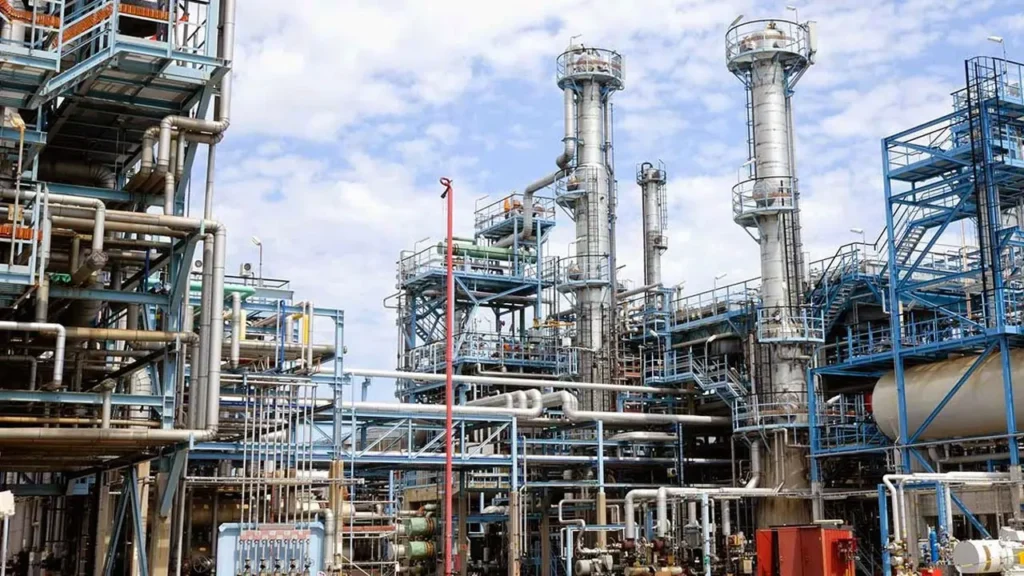Nigeria’s fuel supply challenges might soon be a thing of the past as oil marketers express optimism that the Port Harcourt Refinery will begin commercial production in the coming weeks. This development could be a game-changer for the country, which has long struggled with fuel shortages and the associated economic impacts.
Billy Gillis-Harry, the national president of the Petroleum Products Retail Outlets Owners Association of Nigeria, recently visited the Port Harcourt Refinery. He reported seeing significant progress, indicating that the refinery, with its capacity to produce 250 barrels of oil per day, is almost ready to start operations. According to Gillis-Harry, this move is crucial for stabilizing Nigeria’s fuel supply.
He further explained that the Port Harcourt Refinery, along with the Dangote Refinery, which is also expected to come online soon, will play a vital role in ending the fuel queues that have plagued the country. The combined output of these refineries could greatly reduce Nigeria’s reliance on imported fuel, improving both availability and affordability.
Zakka Bala, an oil and gas expert, also weighed in on the matter, emphasizing the importance of Nigeria’s state-owned refineries, including those in Port Harcourt, Warri, and Kaduna. While the Dangote Refinery is a private enterprise focused on profit, the government-owned refineries are meant to serve the Nigerian people by ensuring energy security. Bala expressed concern that private refineries might dominate the market if the national refineries are not successfully revitalized.
This news follows a series of previous announcements by the Nigerian National Petroleum Company Limited (NNPCL). Earlier in 2024, NNPCL’s Group Chief Executive Officer, Mele Kyari, projected that the Port Harcourt Refinery would commence operations by August. However, the refinery’s startup has been delayed multiple times, despite a $1.5 billion government investment approved in 2021 for its turnaround maintenance.
The progress at the Port Harcourt Refinery offers a glimmer of hope for Nigeria’s energy sector. If successful, it could mark the beginning of a new era in the country’s oil and gas industry, bringing stability to the fuel market and easing the burden on Nigerians.







